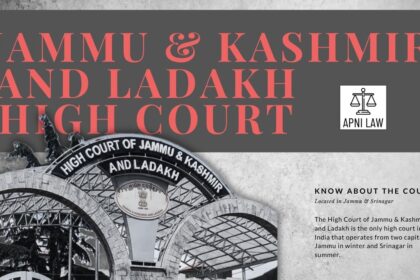Code
In any case where the proceeding has been instituted on a police report, the Magistrate shall without delay furnish to the accused, free of cost, a copy of each of the following:–
(i) the police report;
(ii) the first information report recorded under section 154;
(iii) the statements recorded under sub-section (3) of section 161 of all persons whom the prosecution proposes to examine as its witnesses, excluding therefrom any part in regard to which a request for such exclusion has been made by the police officer under sub-section (6) of section 173;
(iv) the confessions and statements, if any, recorded under section 164;
(v) any other document or relevant extract thereof forwarded to the Magistrate with the police report under sub-section (5) of section 173:
Provided that the Magistrate may, after perusing any such part of a statement as is referred to in clause (iii) and considering the reasons given by the police officer for the request, direct that a copy of that part of the statement or of such portion thereof as the Magistrate thinks proper, shall be furnished to the accused:
Provided further that if the Magistrate is satisfied that any document referred to in clause (v) is voluminous, he shall, instead of furnishing the accused with a copy thereof, direct that he will only be allowed to inspect it either personally or through pleader in Court.
Explanation
This section grants the accused the right to inspect and obtain copies of the police report and any other documents that are relevant to the case. This ensures that the accused has access to all the evidence against them and can prepare a proper defense.
The accused can request access to these documents from the investigating officer or the Magistrate. The investigating officer is bound to provide these documents within a reasonable time.
Illustration
Suppose a person is accused of theft. The police investigate the case, collect evidence, and prepare a report. Under Section 207, the accused has the right to inspect this police report and obtain a copy of it. This allows the accused to understand the evidence against them and prepare a defense strategy.
Common Questions and Answers
Q: What are the documents that the accused is entitled to?
A: The accused is entitled to the police report, the FIR (First Information Report), any statements recorded by the police, and any other documents relevant to the case.
Q: When can the accused request these documents?
A: The accused can request these documents at any time after they are arrested or when they are summoned before the Magistrate.
Q: What if the investigating officer refuses to provide the documents?
A: The accused can file a complaint with the Magistrate. The Magistrate will then order the investigating officer to provide the documents.








